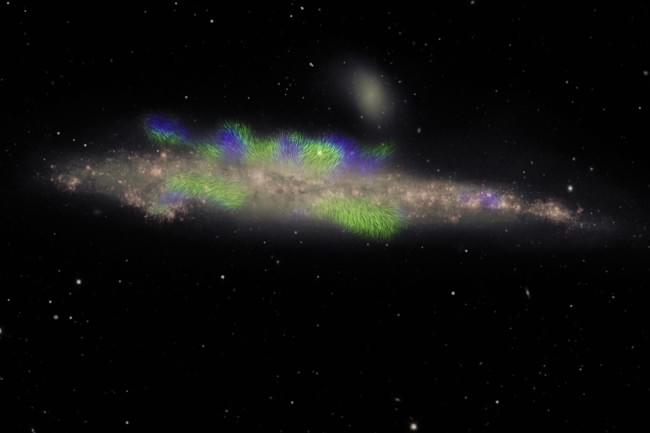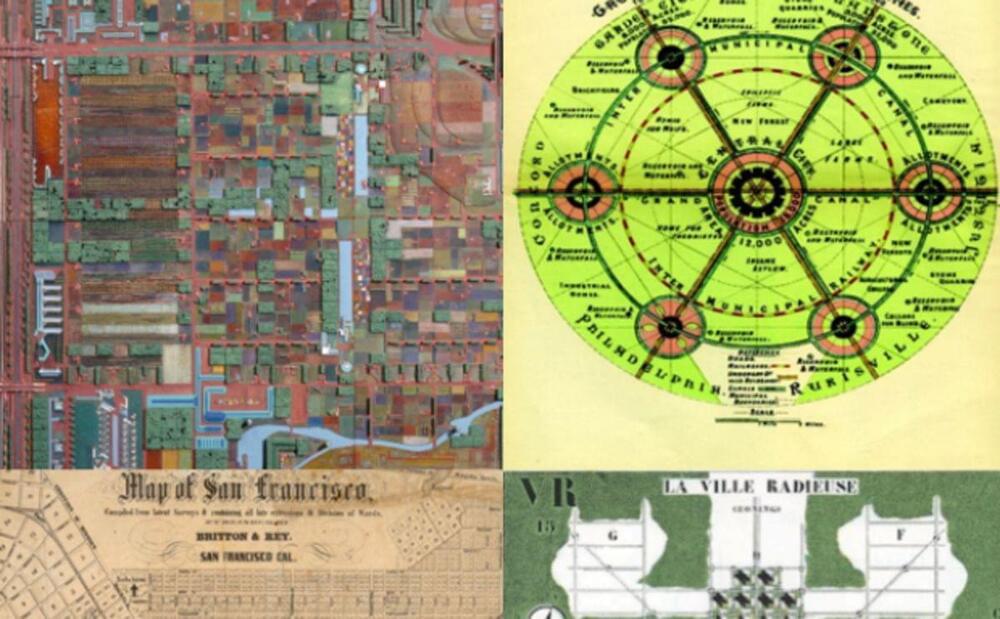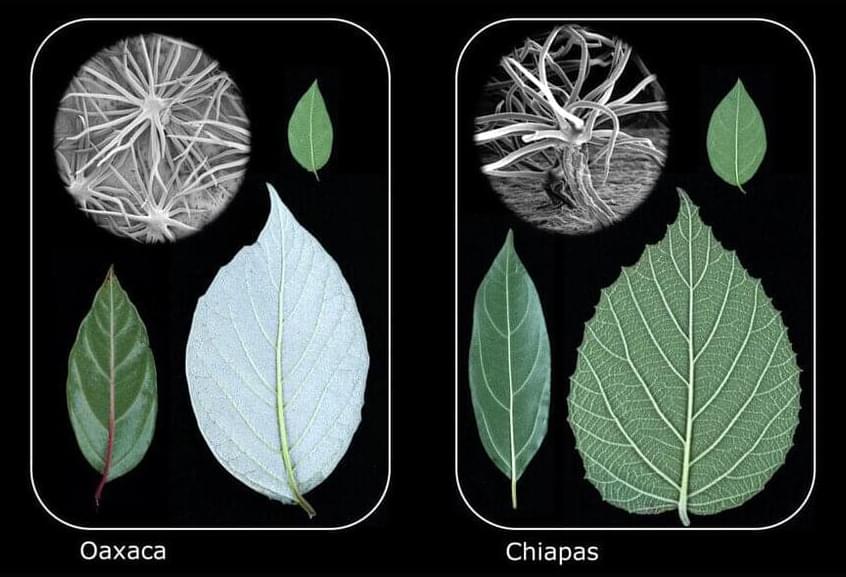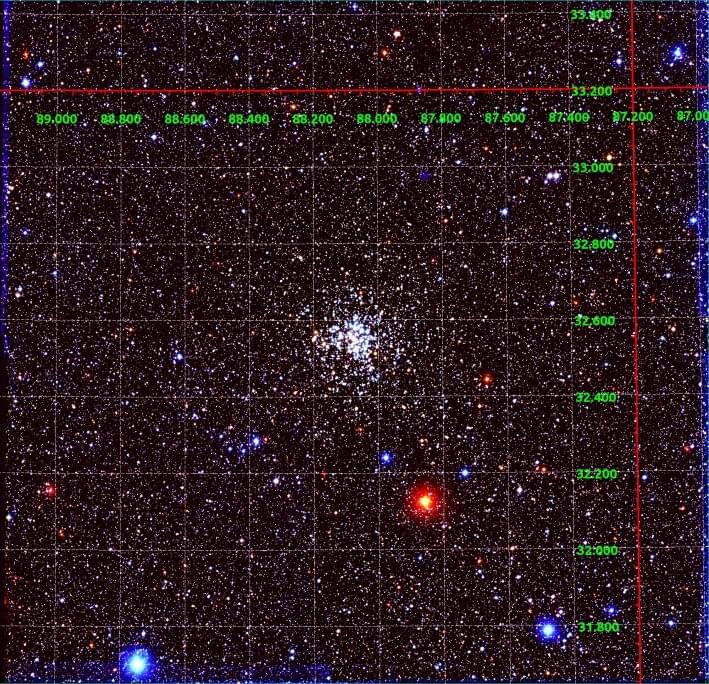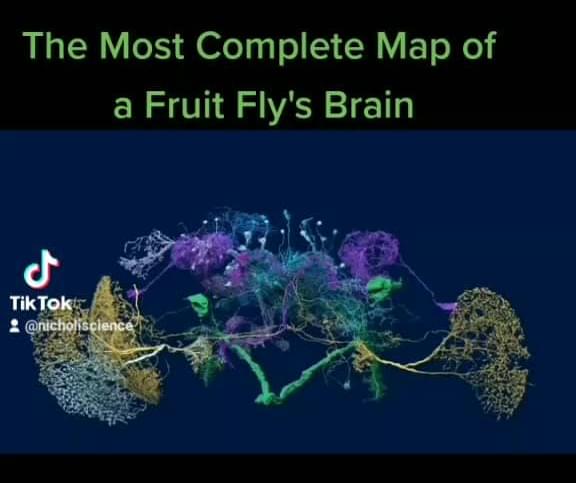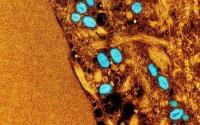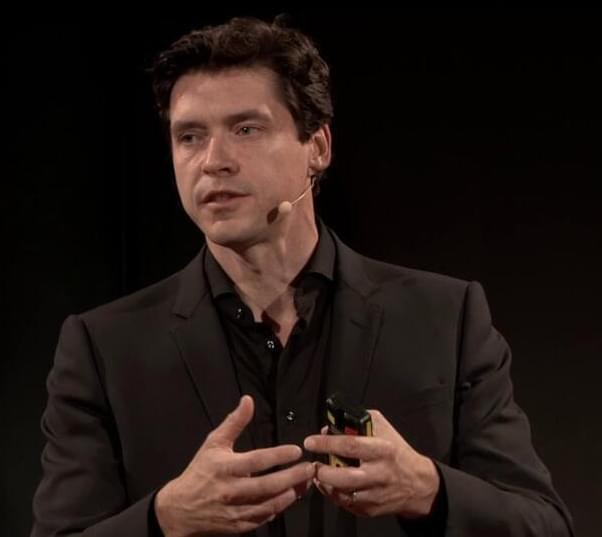Jul 20, 2022
Grandparents may hold a surprising evolutionary benefit — sparked
Posted by Gemechu Taye in categories: biotech/medical, engineering, evolution, genetics, neuroscience
It’s all about a mutation of genome. Researchers from the University of California San Diego School of Medicine have discovered a set of human gene mutations that prevent cognitive decline and dementia in older adults, according to a new study published on July 9, 2022, in the journal Molecular Biology and Evolution. The scientists focused on one of the mutated genes and traced its evolution through its appearance in the human genome.
Interesting Engineering is a cutting edge, leading community designed for all lovers of engineering, technology and science.

